Consumption of organic food in different EU countries has increased by 10% to 20% amid the coronavirus crisis, data of IFOAM Organics Europe indicate. However, there is no data on how much and what types of organic foods are sold in Bulgaria. According to statistics of branch organizations, organic honey is the only bio product produced in sufficient quantities in this country.
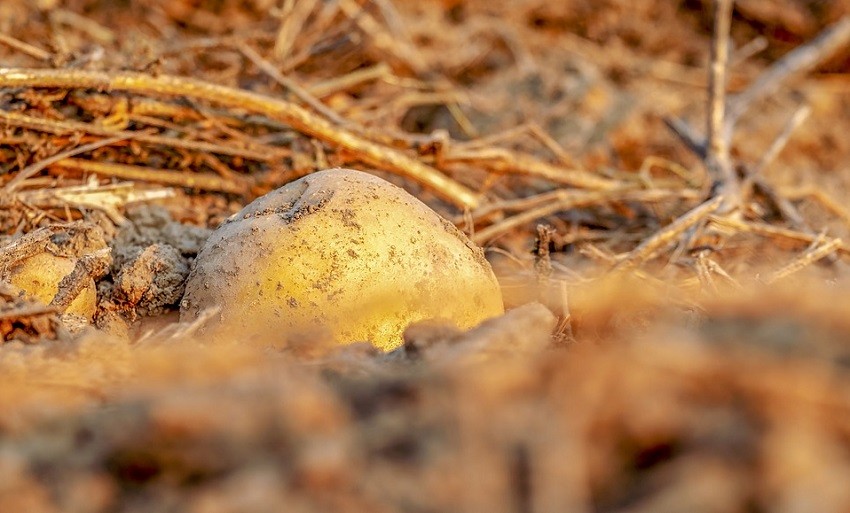
There are less than 4,000 organic farms in Bulgaria, data of this country’s Ministry of Agriculture, Food and Forestry show. Most organic farmers are engaged in vegetable growing and prefer permanent crops. 3,031 organic farms cultivate just over 165,000 acres of farmland, which is under 3% of the arable land in this country. According to the analysis of the Ministry of Agriculture, there are only 255 organic livestock farms in Bulgaria. The number of people engaged in organic beekeeping nears 2,000. They own one-fourth of the bee colonies in Bulgaria.
In times of crisis, which poses a risk on peoples’ health, consumers change their attitude and shift to food of a higher quality, Stoilko Apostolov from “Bioselna” foundation explains. Producers of organic products in Bulgaria do not have a specific information about the consumption of such food. There is no information on whether the number of people who started to eat healthy has increased amid the pandemic, Stoilko Apostolov said for Radio Bulgaria and added:
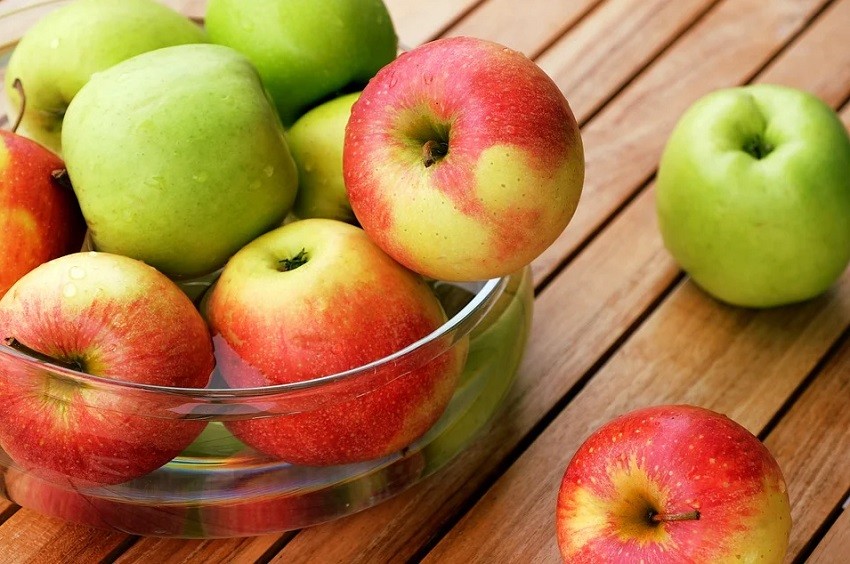
“In my view, the market of organic products has grown in Bulgaria, but no one can determine its growth rate, because of the lack of information. I have a suspicion that we consume mainly imported organic products.”
At this point, domestic producers of organic food cannot meet the demand of organic food, although the market is relatively small:
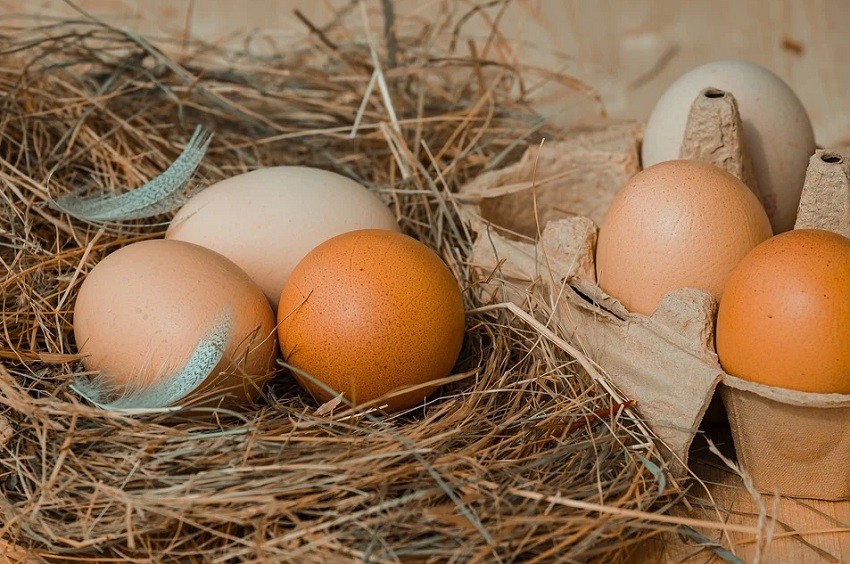
“99% of all organic eggs in Bulgaria are imported. There are only 500 certified organic hens against the backdrop of millions of conventional hens. As for organic meat, we sell small quantities of organic beef. The rest of the meat- pork, sausages, etc, is imported. Let alone fruits and vegetables. Only organic honey and some organic dairy products and vegetables meet the demand on the domestic market.”

It turned out that in organic farming, like in other sectors, Bulgaria exports raw materials and capital gains go elsewhere. This is so, because large producers of raw materials are struggling to find processing companies.
This happens against the backdrop of constant doubts on whether organic food is organic and whether high prices correspond to the product’s quality. “Organic products are imported from everywhere. Market supply depends on demand”, Stoilko Apostolov notes. It turns out that Bulgarians are trying to buy organic food for their children, although they are skeptical of organics.
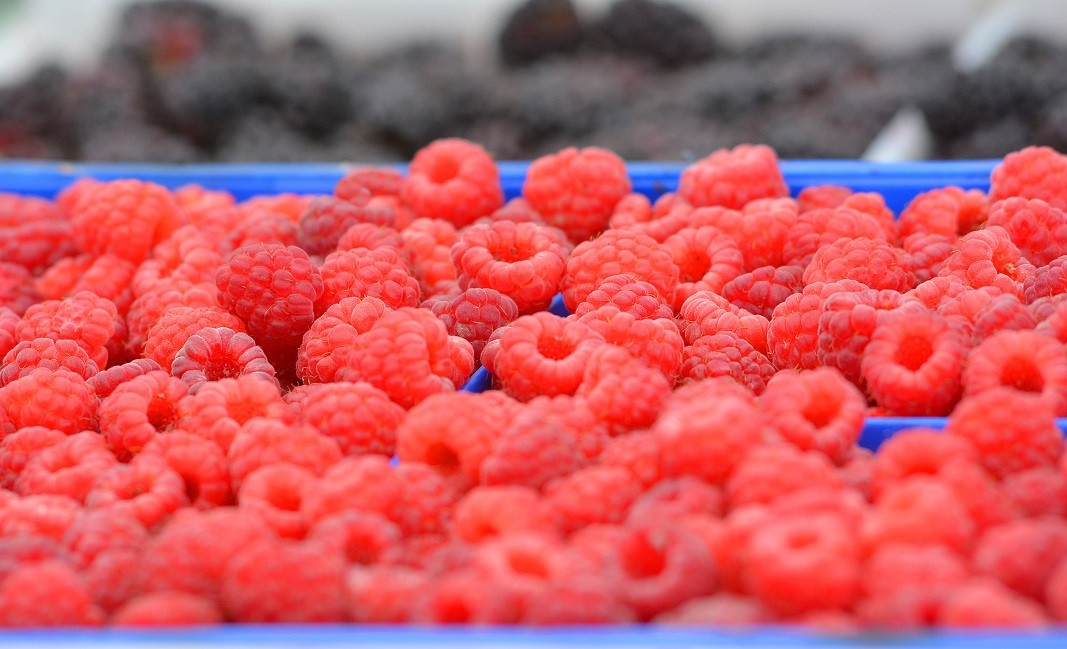
“Some groups of foodstuffs such as baby food and children’s products sell well. Sales of these products have been increasing for years, because Bulgarians would give their eye teeth for their children.”
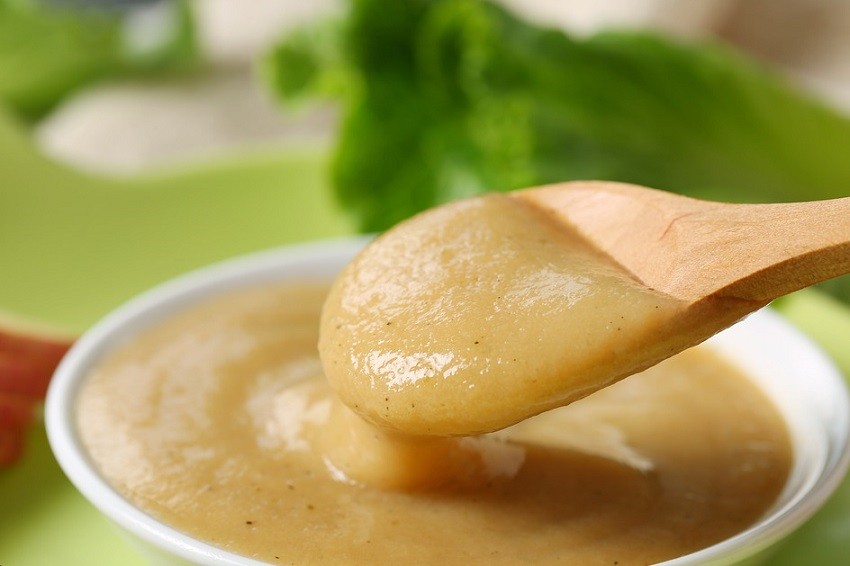
By 2030, one-fourth of the farmland in the EU member states should be certified for organic farming. However, Bulgaria is still very far from this target, as only 2.3% of its arable land is suitable for organic farming. Only Malta and Ireland place after Bulgaria in this ranking, the head of the Bulgarian NGO, which has been engage in organic farming since 1995, clarified.
Editing by: Elena Karkalanova (interview by Veselina Milanova, BNR-Horizont)
English version: Kostadin Atanasov
Photos: BGNES, PixabayTurkey and Greece expect a better yield of olives The olive oil harvest in Turkey will be a record high one this year. The intense flowering of the olive trees gave hope to the producers already in the spring after the weak last season,..
Pensioners in Bulgaria live in harsh conditions that do not allow them to live their old age to the full, unlike their counterparts in more developed countries, says psychiatrist Dr Vladimir Simov, who has practised outside Bulgaria for many years and..
The summer of 2024 will be remembered for nearly two months of heat, devastating fires and drought that affected nearly the entire country . According to the data of the European Forest Fire Information System, based on..
With excitement and some trepidation, more than 55,000 Bulgarian children will be starting school this year for the very first time. On 16 September,..
North-eastern Dobrogea could become UNESCO Global Geopark The authorities in Tulcea County are taking steps for the north-eastern Dobrogea..

+359 2 9336 661
